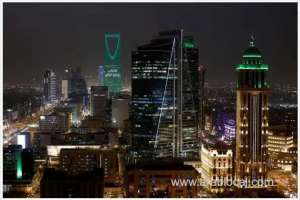In recent developments, Saudi courts have implemented strict directives mandating the wearing of the bisht, a traditional male cloak, for lawyers accessing court proceedings. Failure to comply with this dress code has resulted in denied access to courtrooms, highlighting the significance of traditional attire in official settings within the kingdom.
According to reports from a Saudi newspaper, presiding judges have instructed lawyers to activate surveillance cameras during online hearings to verify their adherence to the bisht requirement. Instances of court sessions being adjourned due to non-compliance with this directive have been noted.
The Saudi Bar Association issued a circular urging male lawyers to don the bisht, while female lawyers are expected to adhere to official attire guidelines. These directives align with recent official mandates specifying the formal use of the bisht for various categories of individuals, including state officials and leaders.
The dress code extends to emirs, governors, ministers, as well as members of the Saudi advisory Shura Council, judges, prosecutors, and lawyers. Furthermore, the Minister of Islamic Affairs and Call has directed mosque imams, muezzins, and preachers nationwide to wear the bisht during specific religious ceremonies and prayers.
These measures underscore the importance of traditional attire in official and religious contexts, reflecting Saudi Arabia's cultural and institutional norms.







